‘Sea Level Research’ Is Seismic Ruse for Oil Exploration – Neal Roberts, Lanoka Harbor, N.J.
.png) I read with interest last autumn when a retired Princeton University professor emeritus wrote a letter to the editor defending the Rutgers University seismic testing proposed for the ocean floor within 20 miles of Barnegat Light (“Fear Not,” 11/12/2014). The Barnegat Light commercial fishing industry, local officials, New Jersey congressmen and legislators, Clean Ocean Action, Alliance for a Living Ocean and the state Department of Environmental Protection came out against the 2014 Atlantic Ocean project. (photo) Read the rest here 15:48
I read with interest last autumn when a retired Princeton University professor emeritus wrote a letter to the editor defending the Rutgers University seismic testing proposed for the ocean floor within 20 miles of Barnegat Light (“Fear Not,” 11/12/2014). The Barnegat Light commercial fishing industry, local officials, New Jersey congressmen and legislators, Clean Ocean Action, Alliance for a Living Ocean and the state Department of Environmental Protection came out against the 2014 Atlantic Ocean project. (photo) Read the rest here 15:48

































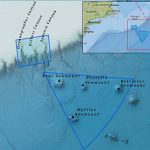

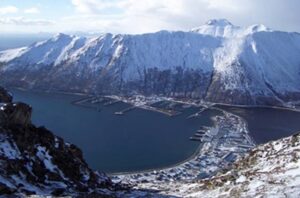
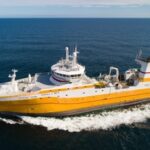
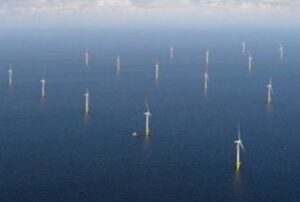
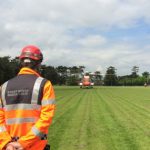
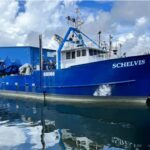


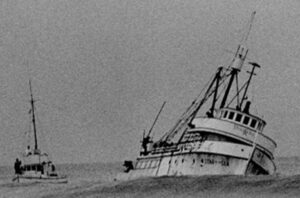
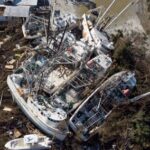



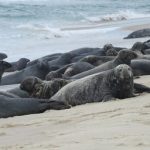



Neal Roberts, while concern about the effect of noise and human activity in the sea upon marine life is legitimate. Within that, some of the discussion of effects is exaggerated, but I think anyone who claims “no impact” is wrong.
That said, the discussion which you highlight, about this project being a front for oil & gas plays, is misinformed. It is unfortunate that over the course of the year, the fishing community has been navigated by Cindy Zipf of Clean Ocean Action to fear a project because it looks like oil & gas research. COA’s misinforming statements have been documented; I’m really sorry about that.
Much as you are motivated to write the press about oil & gas, do look at the geology, a bit. There is no oil & gas in the area; the Geologists already know that. They also know where those undersea resources are. But more specifically, there are no indicators for gas. Cindy Zipf said famously last year that the area the Rutgers scientists want to study “also includes the depth where there is methane hydrates. Methane hydrates are frozen natural gas, so they will be assessing,
whether they know it or not, the energy potential in that area.”
Well, Methane Hydrate requires a certain water and temperature situation that does not exist in the shallow-shelf area, so this particular project is not assessing the energy potential of the area.
These might seem like abstruse arguments, but it really does help to understand what the geology of sand is, and how science works here, and because that’s not simple, it is very easy for activists to deliberately mislead.
Neal Roberts, concern about the effect of noise and human activity in the sea upon marine life is legitimate. Within that, some of the discussion of effects is exaggerated, but I think anyone who claims “no impact” is wrong.
That said, the aspect that you highlight, about this project being a front for oil & gas, is misinformed. It is unfortunate that over the course of a year, the fishing community has been navigated by Cindy Zipf of Clean Ocean Action to fear a project because it looks like oil & gas research. It has been a deliberate tactic of deception COA’s misinforming statements have been documented; I’m really sorry about that.
Much as you are motivated to write the press about oil & gas, do look at the geology, a bit. There is no oil & gas in the area; the Geologists already know that. They also know where those undersea resources are. But more specifically, there are no indicators for gas. Cindy Zipf said famously last year that the area the Rutgers scientists want to study “also includes the depth where there is methane hydrates. Methane hydrates are frozen natural gas, so they will be assessing,
whether they know it or not, the energy potential in that area.”
Well, Methane Hydrate requires a certain water and temperature situation that does not exist in the shallow-shelf area, so this particular project is not assessing the energy potential of the area.
These might seem like abstruse arguments, but it really does help to understand what the geology of sand is, and how science works here, and because that’s not simple, it is very easy for activists to deliberately mislead.